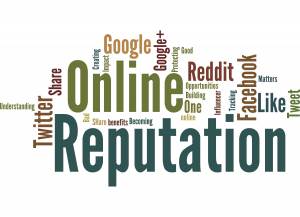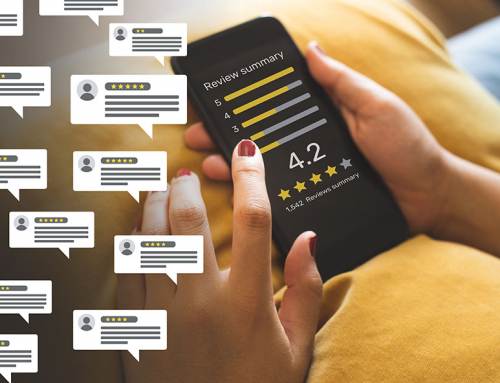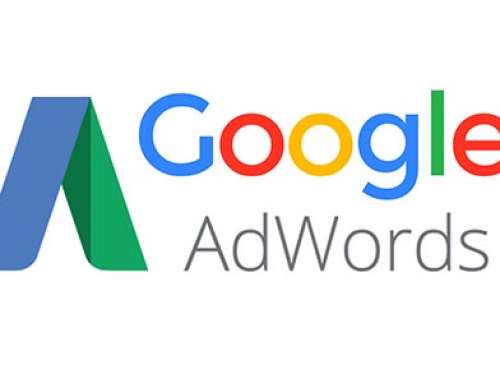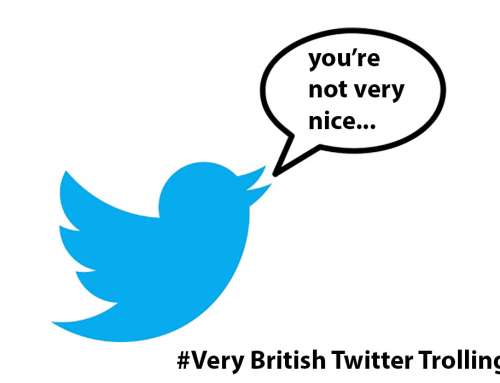 Most people are aware of the term SEO and the significance of Search Engine Optimisation, and whilst ORM, or Online Reputation Management is a little way off yet in terms of the same recognition, it is one which will no doubt become an integral part of digital marketing as we move further into the realms of user generated content.
Most people are aware of the term SEO and the significance of Search Engine Optimisation, and whilst ORM, or Online Reputation Management is a little way off yet in terms of the same recognition, it is one which will no doubt become an integral part of digital marketing as we move further into the realms of user generated content.
Online Reputation Management (ORM) basically addresses the issue of negative online content and brand messages in that it can restore balance to a given brand by making more positive brand related content feature more prominently in search engine results pages. While the benefits to this are obvious, there is usually one question that arises from time to time.
Is ORM / Online Reputation Management ethical?
Online Reputation Management can mean the difference between success and failure. It can ruin an otherwise profitable company and it can keep from one being ruined.
The same can also be said of individuals. One only has to compare the likes of Ryan Giggs trying to protect his reputation, to the wrongly accused NHS ’saline drip scandal’ nurse trying to rebuild hers, and it is no different in the world of business. Some companies absolutely deserve their bad reputation, but equally, many are subjected to targeted campaigns to tarnish an otherwise good reputation.
In the broad sense, managing an online reputation is about promoting a positive brand and marketing message, distributing correctly positioned brand related comments and content, and doing so with sufficient volume so as to present someone or something in its best possible light. Ethically its sound so long as the message and/or content is true and not misleading.
Social Media and User Generated Content
Before Facebook, Twitter and blogging information used to be in the hands of the few. Now it is in the hands of the many. Anyone who really understands ‘free speech’ will argue, that with it comes responsibility, and sadly this is something that has yet to translate online.
Social media has a hand in the spread of online defamation and the need for ORM in that amongst the murky depths of the internet, there is a worrying trend to believe anything in online word as gospel truth. From 9/11 conspiracies, fake celebrity deaths to the deeply worrying ‘internet trolling’ and cyber bullies spreading rumours and often wreaking havoc on individuals, the phrase “no smoke without fire” has transcended not just physical borders into the digital realm but also those of commonsense and reason.
Lessons that ‘not all that is written, is true‘
The problem with not applying reason to online written content is considered so bad, that in some schools, children are now being taught how to use commonsense and investigate online content further before believing everything they read. Sadly, there are no adult courses for DailyMail readers planned.
So how do you know whether a reputation is deserved or not?
Let me use a real world example. Not so long ago I stayed in a hotel in Italy. It was booked for me so I didn’t read any online reviews nor did I have a hand in choosing the place. My stay was fine, went without issue and whilst I may not necessarily go back there I wouldn’t have a problem in recommending the hotel to certain people looking for a similar stay.
So imagine my surprise when I looked on TripAdvisor afterwards and noticed many scathing reviews using words and phrases like “grubby”, “dirty and shabby” and “worst hotel ever” etc. I challenge anyone not to read words like that and not be put off staying there. But the interesting part is that this was not the experience I witnessed first hand. So why the attack on the hotel?
Fake and negative reviews
If this hotel and its online reviews (and resultant online reputation) were the topic for the school children getting online commonsense lessons earlier in this article, I would draw their attention to the fact that all of the 1 star reviews were all written by ‘reviewers’ who had all only posted one single solitary hotel review, on this very hotel nonetheless. This should raise alarm bells, for a number of reasons.
That TripAdvisor has such an influence on Online Reputation without due care and attention is the subject of a class action lawsuit in the US
Author Valuation and Validation
It comes down to common sense again in that misleading, false, libellous or defamatory comments and online content are often skewed towards the authors own agenda, be it to discredit the subject of the comment, or to cause maximum disruption and provoke a response.
Sadly many people simply look at the headlines such as “worst hotel ever” or how many stars the hotel had rather then look into the background of who is posting the negative reviews. It stands to reason that if a reviewer only has one sensationalist comment to make about a given subject, place or person, that the value you should heap on that comment, and its validity should be somewhere close to none.
Would you really take travel advice from someone who has only stayed in one hotel in their life? No you wouldn’t, but the reality is that many people don’t connect the statement of “worst hotel ever” with the fact that there is only one review from that person. Even if it was the “worst hotel ever”, how would they know? The reality of most 1 post reviewers however, is that they are fake and the comments made, are done so with an agenda in mind.
Does ORM / Online Reputation Management involve fake positives?
Like any form of marketing or advertising, there are those who will bend, break or ignore the rules, and the rules in the case of Online Reputation Management (as they are for all online marketing) are governed by the Consumer Protection from Unfair Trading Regulations 2008, in which it is an offence to publish fake positive comments implying they have come from a real consumer.
It is also considered a breach of the rules for celebs to get given free products and then endorse them, hence the crackdown on Twitter.
Good ORM doesn’t need fake consumer opinion and for Edible, the ethics are firmly sound, and the practices robust, effective and they stand up to scrutiny. Positive brand messages and online content don’t need to be all about sales with a heavy promotional bias. The content can take many forms.
As such, the ethics issue is the same for advertisers in so much as are you willing to deliberately mislead the audience to promote a product, service, business or individual? Personally, I have turned away business I deemed unethical and have decided not to engage with a client.
Its one thing helping a business with an otherwise good reputation who has made a one off mistake and wants to make it right, or helping one that has been a victim of deformation than it is to help rogue traders continue to rip off the consumer and whilst we at Edible will help the former, we will not help the later.
If you want to discuss Online Reputation Management or review your online reputation get in touch with Edible for further details and a free, no obligation consultation.






Leave A Comment
You must be logged in to post a comment.